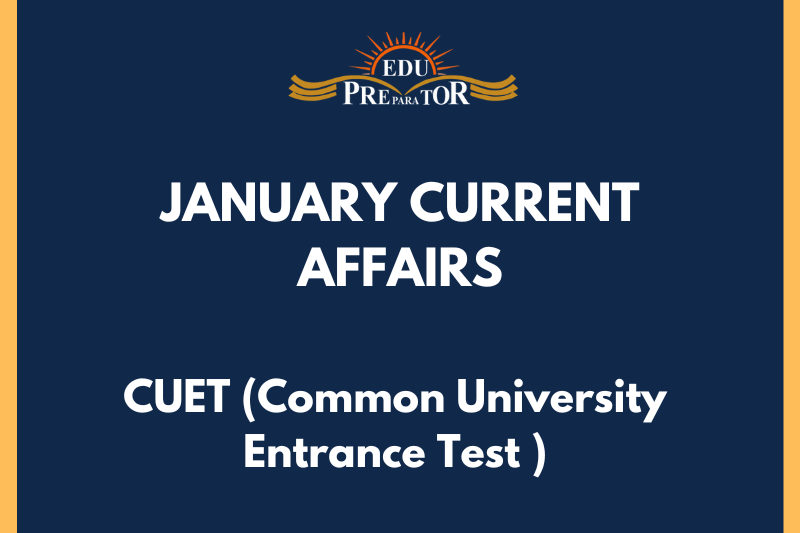
WHO's Guidelines on Ethical Employment of Large Multi-Modal Models in Healthcare
1: Understanding the Digital Revolution in Healthcare
- The World Health Organization (WHO) has recently released guidelines on the ethical use and governance of Large Multi-Modal Models (LMM) in healthcare.
- LMMs such as AI technologies like ChatGPT, Bard, and Bert, have remarkably transformed healthcare delivery and reshaped the domain of medical research.
- WHO recognizes the significance of assessing and addressing the potential risks associated with the implementation of these leading-edge technologies in the healthcare sector.
2: Major Applications of LMMs in Healthcare
- Based on WHO's report, LMMs have five key applications in healthcare, including diagnosis and clinical care, patient-guided use, administrative tasks, medical education, and scientific research.
- It is also crucial to consider associated risks, such as the potential generation of misleading or biassed information and the challenges related to data quality and bias.
3: WHO's Recommendations and Growing Concerns
- WHO advocates for a cooperative approach that consists of various stakeholders such as governments, tech firms, healthcare providers, patients, and civil society across each stage of LMM development.
- Key recommendations are listed, including investment in public infrastructure, upholding ethical obligations via regular regulations, and mandatory post-release audits.
- WHO also emphasises the need for international collaboration to effectively regulate AI advancements, underlying potential global implications.
4: Ethical Principles and Governance Guidelines
- These guidelines are grounded on six primary principles: Safeguarding autonomy, Promoting human wellbeing, Ensuring transparency, Encouraging responsibility, Maintaining inclusiveness and equality, Advancing responsive and sustainable AI.
- The guidelines highlight the criticality of ethical considerations and robust governance in the application of AI for healthcare.
- Such principles aim to address concerns related to biassed data, misleading information generation, and possible misuse of LMMs, further providing a strategic solution to navigate these challenges.
GK Part:
- The World Health Organization (WHO) is a specialised agency of the United Nations responsible for international public health. Established on 7 April 1948, WHO has its headquarters in Geneva, Switzerland.
- Large Multi-Modal Models (LMMs) are a type of machine learning model that has the ability to understand and generate human-like text. They are instrumental in the prediction and diagnosis of diseases, thereby revolutionising the healthcare sector globally.
- The implementation and regulation of AI and LMMs in healthcare is a subject of global importance due to their potential to dramatically improve healthcare delivery and outcomes, but also because of their associated risks such as data privacy and bias. The ethical use of these technologies is therefore crucial.



Comments
Nam cursus tellus quis magna porta adipiscing. Donec et eros leo, non pellentesque arcu. Curabitur vitae mi enim, at vestibulum magna. Cum sociis natoque penatibus et magnis dis parturient montes, nascetur ridiculus mus. Sed sit amet sem a urna rutrumeger fringilla. Nam vel enim ipsum, et congue ante.
Cursus tellus quis magna porta adipiscin
View All